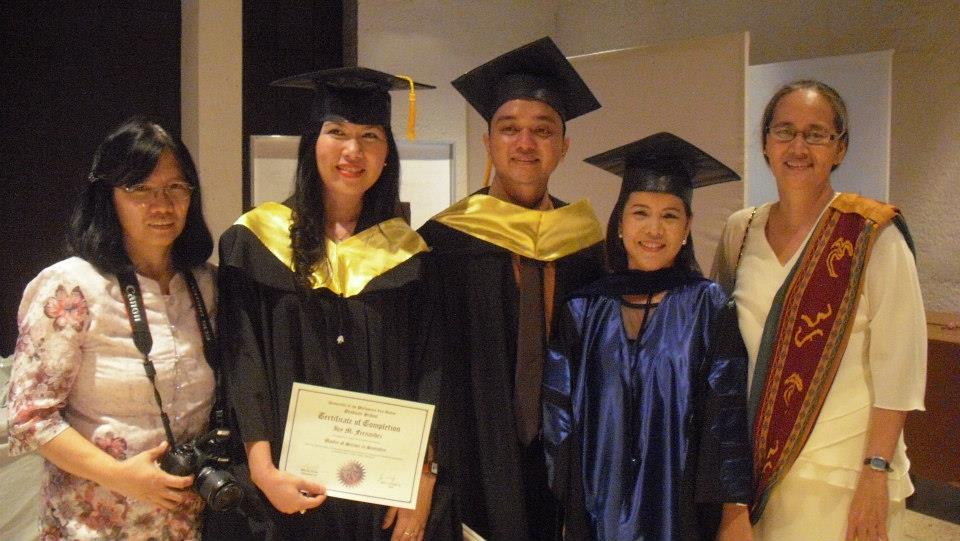The Master of Science in Statistics (MS STAT) program is designed to provide the graduate student with a more extensive training in research and teaching through a well-balanced mixture of theory and applied courses. The program requires a minimum of 31 units consisting of: 6 units of core courses (STAT 241 and 242); at least 9 units of 200 level courses in statistics; at least 9 units of cognate courses; 1 unit of seminar; and 6 units of thesis. Cognate field may be pursued in demography, genetics, economics, plant breeding, animal science, computer science, management, food science, information technology, mathematics, engineering science and hydrology, and water resources.

Admission Requirements
Applicants of the program must submit a duly accomplished application for admission form (GS Form No. 1) to the Graduate School, UP Los Baños, together with the following:
- Official Transcript of Records (one original and one photocopy)
- Letter of recommendation from two former professors (GS Form No. 2)
- For applicants from foreign countries: Certification of that English is the medium of instruction in previous degree/s by the University Registrar or results of the Test of English as a Foreign Language (TOEFL)
- Application fee (₱500 for Filipinos, $40 for applicants from foreign countries)
Applicants must also have a BS Statistics or its equivalent from an accredited university/college. These are evaluated by the Graduate Curriculum Committee of INSTAT based on the following criteria:
- At least three semesters in calculus
- Have taken courses in elementary statistics, statistical methods, introduction to statistical theory and experimental design
- For more information, visit the UPLB Graduate School website.
MS Statistics Courses
Course Number | Course Title | Description |
|---|---|---|
STAT 235 | Mathematics in Statistics | Matrices; Transformations; Infinite Series; Inequalities; Generating functions; special functions |
STAT 241 | Statistical Theory I | Probability, random variables, probability distributions, expectations, moments, and characteristic functions; distribution functions of random variables; sampling distributions |
STAT 242 | Statistical Theory II | Parametric point and interval estimation; theory of hypothesis testing; introduction to linear models |
STAT 250 | Multivariate Statistical Methods | Multivariate normal populations; tests of hypothesis on means, multivariate analysis of variance; classification by linear discriminant function; inferences from covariance matrices; principal components; and factor analysis |
STAT 251 | Linear Models I | Multidimensional normal distribution; distributions of quadratic forms; full rank models; estimation and tests of hypotheses |
STAT 252 | Linear Models II | Linear models not of full rank; experimental design models and components-of-variance models; distributional properties of point estimators; tests of hypotheses |
STAT 263 | Sampling and Sample Surveys | Simple random, stratified, systematic, multistage and multiphase sampling; ratio and regression estimation; sampling with varying probabilities |
STAT 264 | Statistics for Epidemiology | Statistical methods in the collection, organization, presentation, analysis and interpretation of epidemiologic data |
STAT 266 | Time Series Analysis I | Stationary stochastic processes; covariance and autocorrelation functions; autoregressive and moving average processes |
STAT 291 | Special Topics | |
STAT 299 | Graduate Seminar | |
STAT 300 | Master’s Thesis |
- Currently enrolled students may contact [email protected] for any concerns related to registration of courses.
